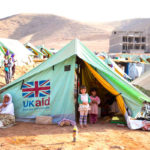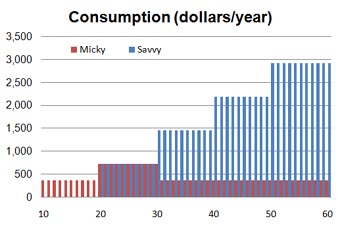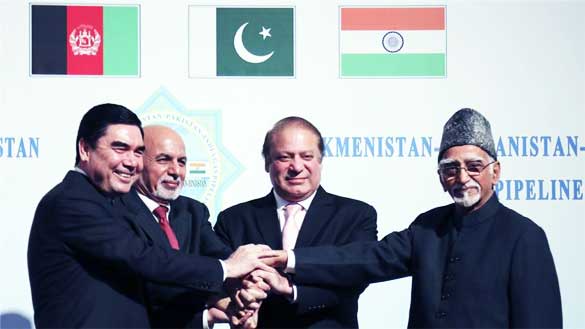What the end of DFID means for international development?
DFID’s termination and merger of the development agenda within the foreign office will imply that the agenda is relegated to a secondary position within a broader foreign policy framework. This will mean that the stock of institutional knowledge and experience, accumulated and perfected over the years by DFID will come to a disastrous end.
Kenya’s Cultural Diplomacy: A New Frontier For Pan Africanism and African Renaissance
By Joel Obengo
Kenya, endowed with plethora of cultural riches,heritages,history, customs and traditions has various instruments that can be used to influence and win the hearts and minds of foreign nationals to help support Kenya’s policies, values and demonstrations in regional, continental and global affairs.Child Soldiers of the 21st Century: What Can be Done About Them?
After armed groups in South Sudan recently released over 200 child soldiers, now is the ideal time to explore why more needs to be done to prevent children's lives being corrupted by violence.
Development in Nepal: Jeopardized by 23 Governments in 24 Years
By Rajendra Senchurey
Nepal’s counterparts in Asia have progressed dramatically in these decades. But since the advent of multiparty democracy, Nepal has not achieved anything significant. Quite surprisingly, in terms of economic progress, Nepal exhibits the characters of a Sub-Saharan economy. Then what is the cause of Nepal’s stagnation?
Male Circumcision in Africa: Can it Prevent HIV ?
By Jasen Mphepo
In Zimbabwe, a campaign initiated by the government and other development players for male circumcision has taken center stage in developing a mechanism to support the already existing strategies such as promoting condom use, promoting voluntary counseling and testing, abstinence and being faithful to one faithful partner.
Male circumcision is not only good for HIV prevention but it also prevents from many other bacteria transmitting into women, experts say.
Pakistan: Why Not Invest in Multigrade Teaching?
Dr Abdur Rehman Cheema
While it might take decades for the government to provide quality monograde education to remote rural population of the country, little investment in improving the quality of multigrade education can yield significant results for the otherwise marginalized and poor communities.COVID-19 in Nepal: challenges amid rising cases and strict restrictions
It is also important that Nepal's central as well as provincial governments extend support, both financial and moral, to pandemic-affected Nepali citizens, especially to the foreign returnees, to capitalize on their skills and expertise which they have gained from overseas employment.
Is dependency theory still relevant today? A perspective from the global south
In the past, dependency thoughts broke some political boundaries and explained the reasons why wealthy nations were taking advantage of poor countries, and today they are useful in explaining recurring financial crises, the reckless use of natural resources and widening inequalities both in the global South and the North.
COVID 19: an imminent threat to the Rohingya refugees in Bangladesh
The Rohingya refugees have suffered problems related to shelter, food, safety, and healthcare from the very beginning, and now the COVID-19 pandemic has further deteriorated their situation.
Women of Bosnia and Herzegovina As Change-makers
Sanja Ivandić
After suffering some of the most degrading and cruel aspects of the war, twenty years ago, women of all nationalities in Bosnia and Herzegovina have managed to stay equally interested in the country's development, to invest in their education, to develop the most creative ways of self-employment through rural agriculture, crafts, arts, as well as to become change-makers through civil society initiatives.

















